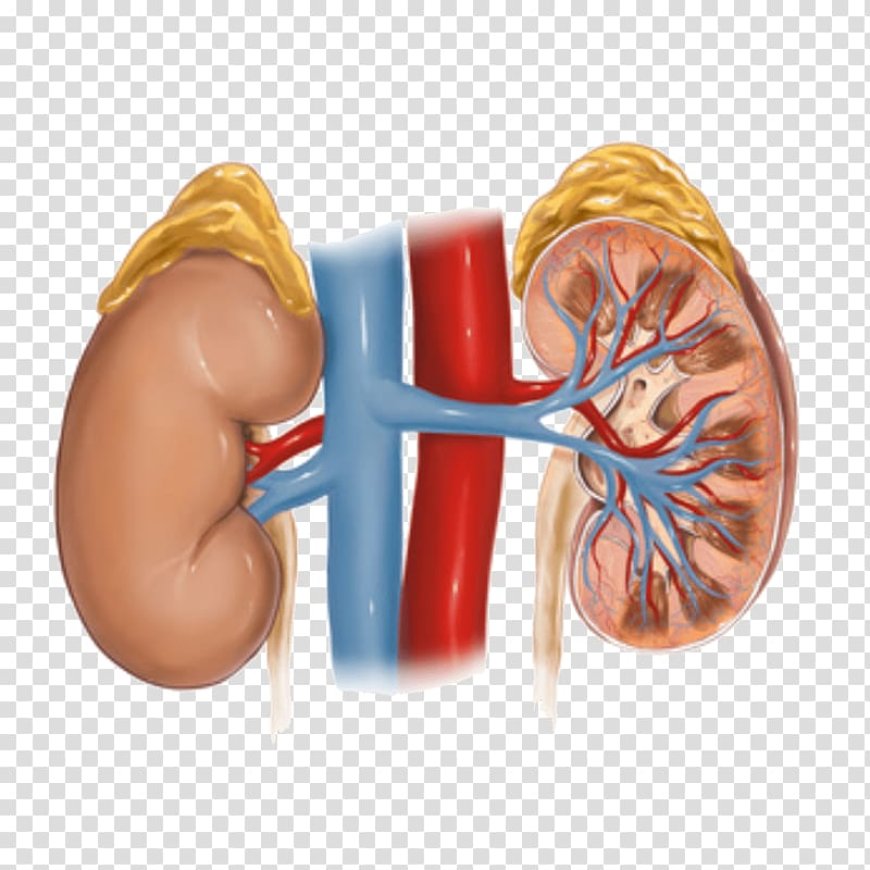Kidney Disease - Hypertensive

Introduction:
Kidney disease, specifically hypertension-related kidney disease, is a critical health concern in India. Hypertensive kidney disease, also known as hypertensive nephropathy, is a condition where long-standing high blood pressure damages the kidneys over time, leading to impaired kidney function. It is essential to understand the signs, symptoms, classification, causes, and prevention techniques to protect the kidneys and maintain overall health.
Signs and Symptoms:
In the early stages, hypertensive kidney disease may not show any noticeable symptoms. As the condition progresses, the following signs may appear:
- Fatigue and weakness
- Swelling (edema) in the hands, feet, or face
- Increased frequency of urination, especially at night
- Blood in urine
- High blood pressure (hypertension)
- Elevated levels of protein in urine (proteinuria)
- Reduced urine output
- Nausea and vomiting
- Loss of appetite
- Difficulty concentrating
What Is Kidney Disease - Hypertensive?
Hypertensive kidney disease is a condition where high blood pressure puts excessive strain on the tiny blood vessels in the kidneys, leading to damage and diminished kidney function. Over time, this can result in chronic kidney disease (CKD) or even end-stage renal disease (ESRD), necessitating dialysis or a kidney transplant.
Classification of Hypertensive Kidney Disease:
Hypertensive kidney disease is classified into two main types:
- Benign Nephrosclerosis: This is the milder form where the kidney's blood vessels thicken and harden, reducing blood flow to the kidneys.
- Malignant Nephrosclerosis: This is a more severe form where blood pressure rises rapidly, causing acute kidney damage and potentially leading to kidney failure.
Causes and Triggers:
Chronic high blood pressure is the primary cause of hypertensive kidney disease. Uncontrolled hypertension damages the blood vessels in the kidneys, impairing their ability to filter waste products and maintain fluid and electrolyte balance. Over time, this damage affects kidney function.
Risk Factors with Examples:
Several factors increase the risk of developing hypertensive kidney disease, such as:
- Uncontrolled hypertension: Mr. Sharma, a 45-year-old, had uncontrolled high blood pressure for years, leading to kidney damage.
- Diabetes: Mrs. Singh, a 55-year-old diabetic, developed hypertensive kidney disease due to poorly managed diabetes and hypertension.
- Obesity: Rahul, a 14-year-old overweight boy, faced an increased risk of kidney disease due to obesity and early-onset hypertension.
- Family history: Sneha, a 30-year-old woman, had a family history of kidney disease, making her more susceptible to hypertensive nephropathy.
Types of Hypertensive Kidney Disease:
-
Benign Nephrosclerosis:
- Description: In this type, the kidney's blood vessels gradually thicken and harden due to persistent high blood pressure.
- Treatment: Managing hypertension through lifestyle changes and medications is crucial to prevent further damage.
- Diagnostic Test: A doctor may recommend a kidney biopsy to confirm the diagnosis.
-
Malignant Nephrosclerosis:
- Description: Rapidly progressive kidney damage due to severely elevated blood pressure.
- Treatment: Immediate hospitalization and aggressive blood pressure control are essential to preserve kidney function.
- Diagnostic Test: Blood and urine tests, along with imaging studies, help assess kidney function.
Diagnostic Tests and Treatments:
- Blood Pressure Monitoring: Regular measurement of blood pressure helps detect hypertension and evaluate its control.
- Urinalysis: A urine test checks for the presence of blood, protein, or other abnormalities indicating kidney damage.
- Blood Tests: Blood tests measure creatinine and blood urea nitrogen (BUN) levels to assess kidney function.
- Renal Biopsy: A kidney biopsy involves removing a small sample of kidney tissue for examination under a microscope to determine the type and extent of kidney damage.
Complications of Hypertensive Kidney Disease and Prevention Techniques:
-
Kidney Failure: Untreated hypertensive kidney disease can progress to kidney failure, requiring dialysis or transplant.
- Prevention: Regular check-ups and early management of hypertension and diabetes can prevent kidney failure.
-
Cardiovascular Disease: Hypertension is a risk factor for heart disease.
- Prevention: Adopting a healthy lifestyle, including a balanced diet and regular exercise, reduces cardiovascular risk.
-
Stroke: High blood pressure increases the risk of stroke.
- Prevention: Controlling blood pressure through medications and lifestyle changes can lower the risk of stroke.
Hypertensive kidney disease poses a significant threat to kidney health in India. Early detection, proper management of hypertension, and regular medical check-ups are essential to prevent kidney damage and its complications. By raising awareness about kidney health and adopting healthy habits, we can protect our kidneys and lead a healthier life.
What's Your Reaction?
 Like
0
Like
0
 Dislike
0
Dislike
0
 Love
0
Love
0
 Funny
0
Funny
0
 Angry
0
Angry
0
 Sad
0
Sad
0
 Wow
0
Wow
0





































































